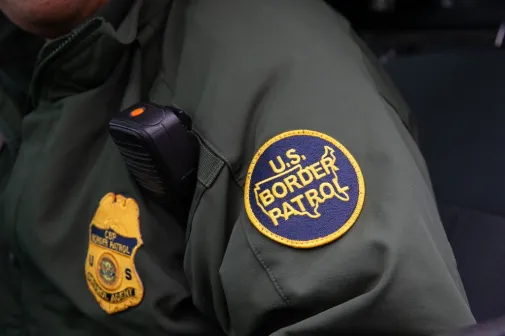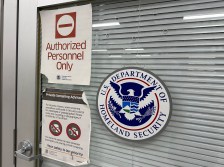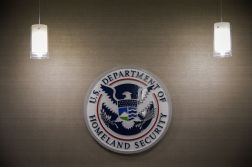DHS names members to new first responders panel
The Department of Homeland Security has named the members of a special panel to help oversee testing of first responder two-way radios and make sure they comply with interoperability standards.
“To successfully respond to day-to-day incidents and large-scale emergencies, first responders must be able to communicate with each other regardless of the make or model of their equipment,” DHS Under Secretary for Science and Technology Dr. Reginald Brothers said.
The Project 25 Compliance Assessment Program is an independent process established by DHS and operated in concert with the National Institute of Standards and Technology. P25 is a set of standards designed to ensure that land mobile radio (LMR) equipment sold to first responders around the country can communicate with equipment made by other manufacturers.
The program is charged with ensuring that vendors who advertise their LMR equipment as P25 compliant are actually abiding by the standards. By publishing the results of their testing, the CAP lets public safety and law enforcement agencies all over the country buy confident that their purchases comply with standards for performance and interoperability.
The advisory panel announced Wednesday by DHS will provide its Office for Interoperability and Compatibility (OIC) with perspectives from federal, state, local and tribal agencies on portable, handheld and vehicle-mounted radio equipment.
According to a statement from DHS, the panel will “review and comment on proposed compliance assessment bulletins and updates to existing test documents, establish new test documents for new types of P25 CAP equipment, and propose P25 user input for improving functionality through the standards-making process.”
The panel members are:
• Dan Robinson, State of Michigan
• Arnold Hooper, State of Tennessee
• Morton Leifer, State of New York
• Marty McCoy, State of Wyoming
• Roger Strope, State of Missouri
• Chris Kindelspire, State of Illinois
• Mike Kionka, State of Colorado
• Gerald Reardon, Commonwealth of Massachusetts
• Joseph Heaps, National Institute of Justice
• John Evanoff, Federal Communications Commission






